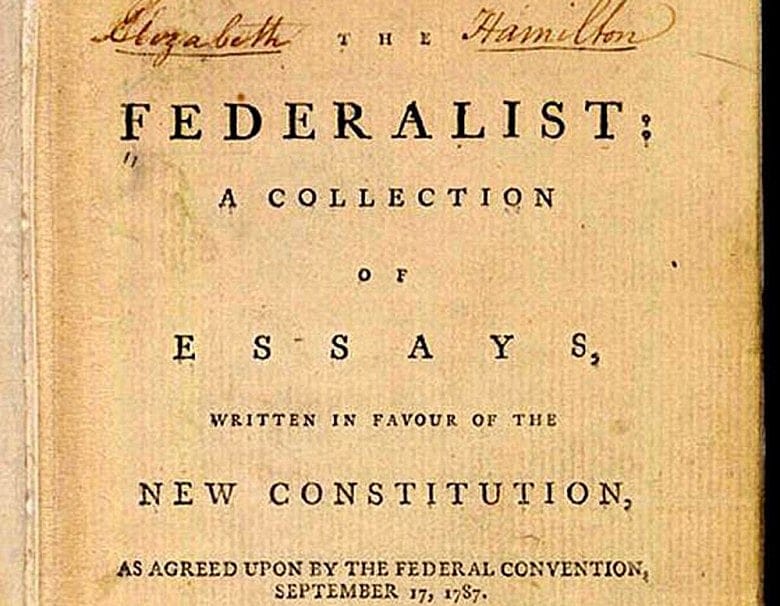The education of an American

When I was in school in the early 1960s (long before the onslaught of "political correctness" so popular today), I did not learn anything very serious or substantial about the history of this country to which I had immigrated as a boy.
In some cases, the things my teachers taught me were probably even untrue. I was told, for example, by a history teacher that all I needed to know about Abraham Lincoln was that he was a racist. Nothing else needed to be known about him, he said.

